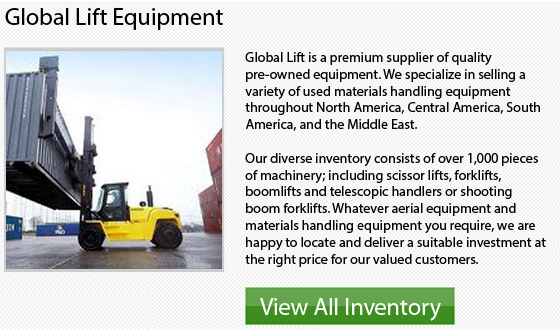
Performance
The overall result of how well the equipment's functions work together is categorized by the performance of the machine. The overall efficiency of the machinery is determined by a combination of user-friendliness, capacity, lifting speed and visibility.
The engine and the working hydraulics undergo extreme lifting and this places intense demands on the machine. The lifting factor is only a part of the operating cycle. Prior to the equipment being able to unload or load, the demands are placed on effective brakes, tight turning radius with accurate control and high pulling power. All of these functions have to be able to operate in an optimum fashion, even after heavy usage.
Engine
Each and every model of empty container handlers are outfitted with straight six cylinder turbo charged engines that are equipped with intercooler. The engines are adapted to the particular working conditions of empty container handling. These conditions consist of high power and high torque levels at low engine speeds.
The engines of current units follow the strict legal environmental demands which are presently within the industry. The engines provide low exhaust emission levels, low vibration and noise levels, low fuel use characterize all engine alternatives.
Transmission
All container handlers have been made with really durable hydrodynamic transmission systems. For quick acceleration with a minimum of "clutch-slip" the transmission has integrated torque converter and gearbox. The gear changing is electrically achieved via solenoid valves. These provide 3 forward and 3 reverse gears which are controlled by means of an easily operated multifunction lever.
Drive Axle
The rugged drive axles have engineered to deal with the various working settings in terminals and ports. All axles have reduction in 2 stages - differential and hub reduction. These features ensure a minimum of strain on the transmission system. Furthermore, the drive axles are fitted with a hydraulic braking system.
Service Brake System
All empty container handlers have wet disc brakes with oil cooled discs which are alternately fixed to and rotating with the hub. The disc brakes are pressed together by hydraulic pressure from the brake pedal, once the brakes are engaged. This offers efficient braking to the model. The system is practically maintenance free and can deal with heavy loads over a long period of time. This particular system provides no fade and requires no need for brake adjustments.